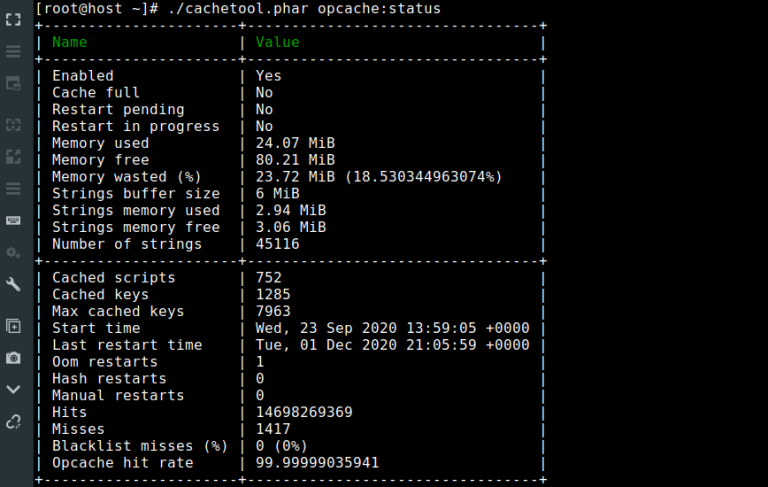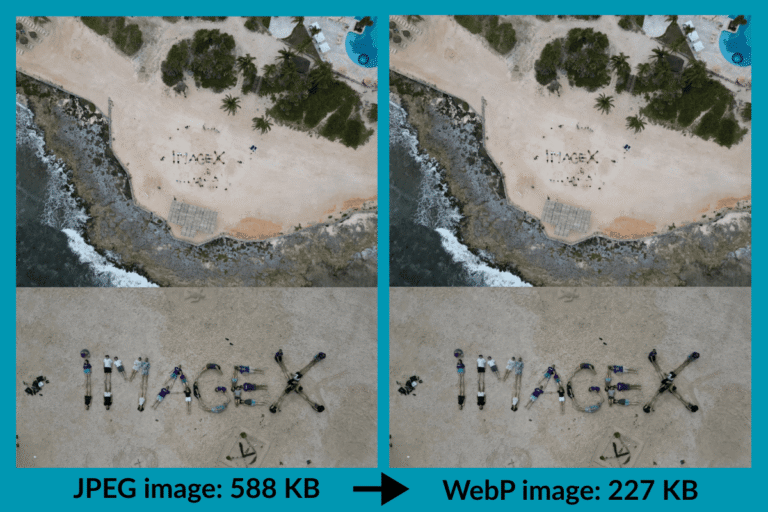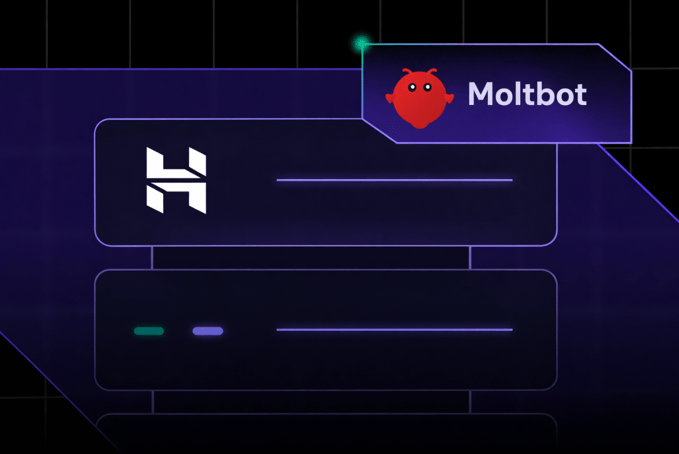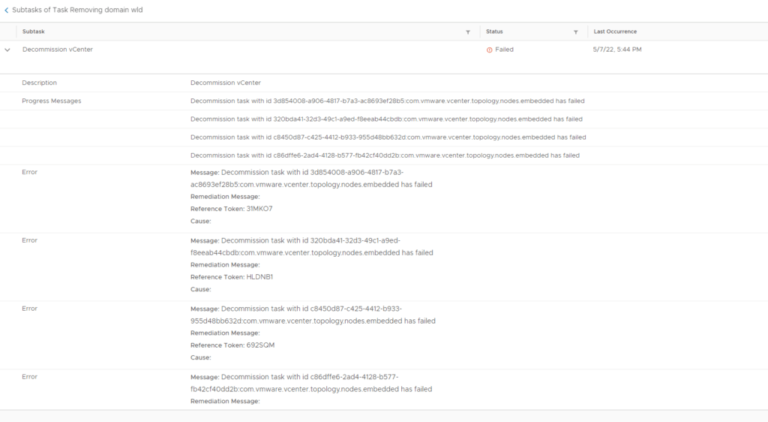
Furthermore, integrating AI with testing tools like PHPUnit, Nightwatch, and code coverage analysis can significantly enhance overall test coverage, leading to more proactive bug fixes and a more robust core and contrib. The potential for AI to enhance documentation of core subsystems is also a significant advantage, making Drupal more accessible to new contributors.
Drupal development and AI are a two-faced reality
AI Disclaimer: LLM tools assisted me in structuring, reviewing, and shortening this article. The ideas in the piece are my own and reflect my experience with Drupal core development and LLMs.Similarly, “AI Code slop” – redundant or inefficient code – can frustrate experienced core developers, wasting valuable time in review, identification, and removal. “Vibe code” – code generated without deep understanding – poses a substantial security risk. Unchecked security issues introduced by AI-generated code could render core or contrib modules insecure and unstable, overwhelming security auditors and reviewers who struggle to keep pace with the sheer volume of changes. The AI boom is upon us, and as Drupal core developers, we face a choice: observe from a distance or actively shape its path. To steer this revolution “the Drupal way” by being kind and inclusive, we need to improve our code review, security, and testing tools. Most importantly, we must put on our thinking caps to ensure that AI acts as a helpful assistant, enhancing our abilities rather than replacing our critical thinking. However, this rapid advancement comes with inherent risks that demand our careful attention. A primary concern is the potential for a “loss of critical thinking” within the Drupal development ecosystem. Over-reliance on AI for problem-solving could diminish the very skills that make core developers invaluable. The promise of AI in accelerating development is undeniable. It can speed up Drupal core development. Tools like phpcs, phpstan, and phprector, when enhanced with AI, can quickly modernize our codebase by detecting and fixing outdated practices. AI can also streamline mundane tasks, such as resolving simple merge conflicts during core issue rebases, freeing up developers for more complex problem-solving. As a Drupal developer for 15 years, with experience maintaining core and contrib modules, and a deep familiarity with Drupal’s APIs and subsystems, I have witnessed numerous shifts in the web development landscape during that time. Now, we stand on the brink of another transformative era: the integration of Artificial Intelligence (AI). Recently, I have been involved in the Drupal AI initiative; more on this in the next blog post. I had the opportunity to witness this evolution, which prompted both excitement about its potential and a healthy dose of concern about its impact on our development ecosystem. This blog post will explore the multifaceted implications of AI in Drupal core development, addressing both the challenges and the immense opportunities it presents. There’s also the risk of “prompt fatigue” for developers constantly refining AI prompts to get the generative code right, and sometimes it feels like cleaning up code written by a bad developer. Current versions of LLMs are context-heavy and token-hungry, so there is potential for increased costs due to excessive use of AI tools if they are not applied pragmatically.






